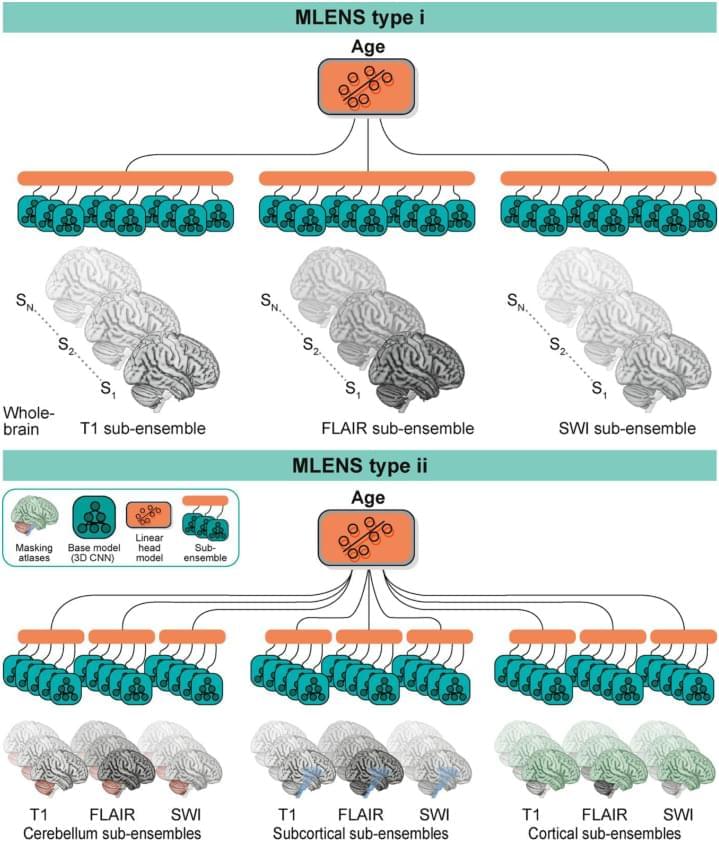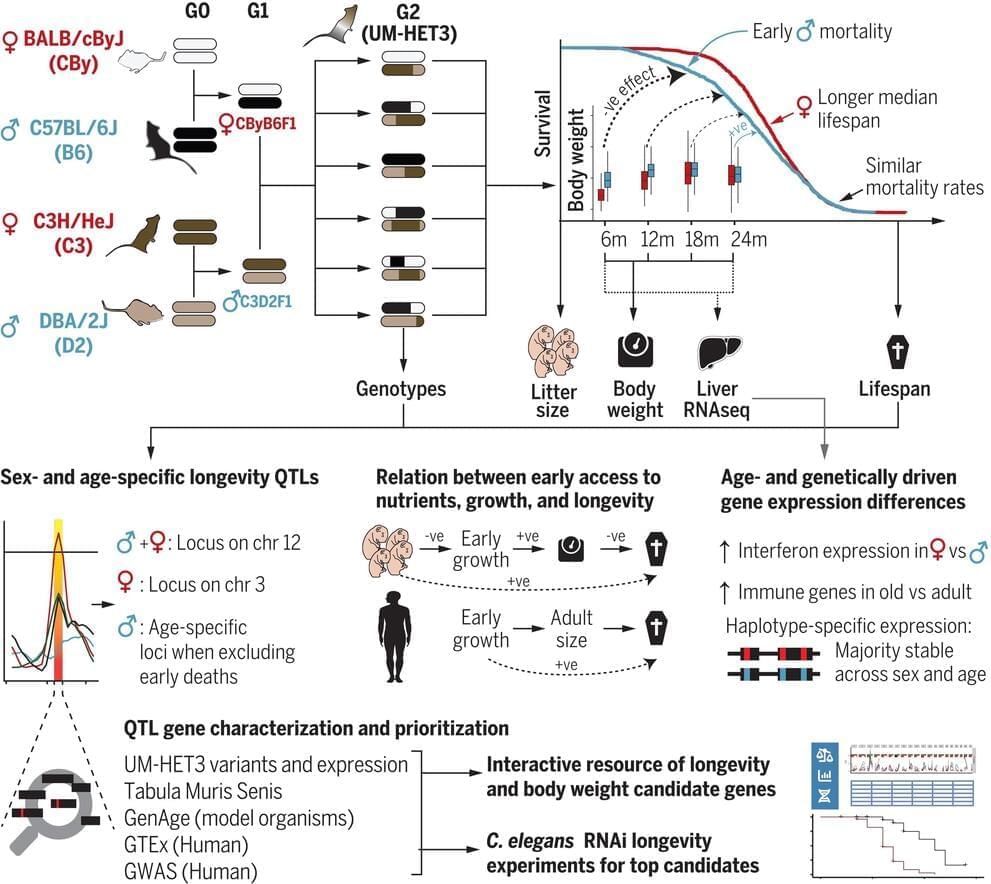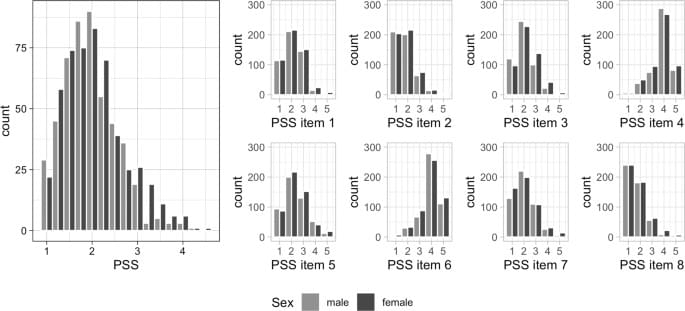Foresight Biotech & Health Extension Meeting sponsored by 100 Plus Capital.
Program & apply to join: https://foresight.org/biotech-health-extension-program/
Jennifer Garrison, Buck Institute.
Reframing Health and Aging through the Lens of Reproduct.
Jennifer Garrison is an assistant professor at the Buck Institute for Research on Aging and also holds appointments in the Department of Cellular and Molecular Pharmacology at University of California, San Francisco (UCSF) and the Davis School of Gerontology at the University of Southern California. During her doctoral studies at UCSF with Jack Taunton, she discovered the molecular target of a natural product and elucidated a novel mechanism by which small molecules can regulate protein biogenesis.
Join us:
► Twitter: https://twitter.com/foresightinst.
► Facebook: https://www.facebook.com/foresightinst.
► Instagram: https://www.instagram.com/existentialhope/
► LinkedIn: https://www.linkedin.com/company/foresight-institute.
If you enjoy what we do please support us via Patreon: https://www.patreon.com/foresightinstitute.
If you’re interested in joining these meetings consider donating through our donation page: https://foresight.org/donate/
Foresight Institute advances technologies for the long-term future of life, focusing on molecular machine nanotechnology, biotechnology, and computer science.





